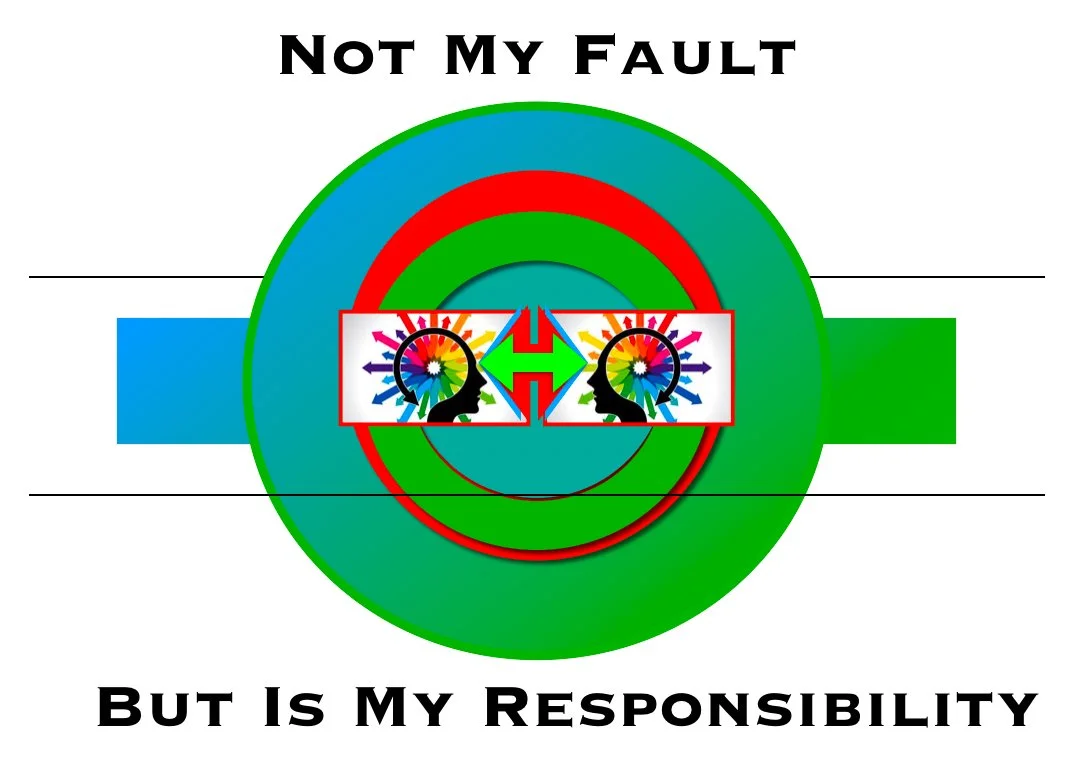Imagine this: you’re in the middle of a conversation with someone you love. The topic is sensitive, and suddenly, your chest tightens, your voice rises, and your words come out sharper than you intended. Later, as you replay the scene in your mind, guilt settles in like a heavy weight. You think, Why couldn’t I just stay calm? What’s wrong with me? This familiar spiral often leads us to carry the burden of blame for reactions we didn’t consciously choose, compounding feelings of shame and self-criticism. But what if the story is more nuanced?
In recent years, the growing field of neuroscience has illuminated how much of our behavior is influenced by processes we cannot fully control. The work of pioneers like John Gottman and Sue Johnson shows that our nervous systems are constantly scanning for safety and connection in our relationships. These deep, primal systems are sensitive to even the smallest cues—tones of voice, micro-expressions, or shifts in body language—and they often react faster than our conscious minds can process. When you snap at your partner or retreat in silence during a conflict, it’s often your nervous system’s way of protecting you, not a conscious decision to hurt or withdraw.
Understanding this doesn’t mean we are absolved of responsibility for our actions. Ellyn Bader’s differentiation theory reminds us that while we may not choose our automatic reactions, we are accountable for how we handle them once we’re aware. Accountability, however, doesn’t mean blaming ourselves in unnecessary shame. It means stepping into the mature, grounded space of recognizing what we can and cannot control. We may not be at fault for the way our bodies instinctively react, but it is our responsibility to reflect, repair, and grow. This distinction helps us navigate the delicate balance between self-compassion and personal integrity.
Take, for example, Claire was overwhelmed by shame about her tendency to lash out at her partner during arguments. “I know it’s my fault,” she said, tears in her eyes. “I ruin everything.” But as she unpacked her story, she was able to understandd that a history of abandonment in her childhood that had left her hyper-alert to signs of rejection. Her anger wasn’t a character flaw—it was her nervous system trying to protect her from a perceived threat. With this understanding, Claire could see that while her reactions weren’t her fault, it was her responsibility to learn how to respond differently and repair connections with thise she loves.
This shift—from blame to responsibility—empowered Claire to make changes without drowning in unnecessary shame. By practicing mindfulness and pausing during conflict, she began to recognize her body’s signals of fear and anger before they took over. Through reflection and repair, she could calmly tell her partner, “When you didn’t text me back, I felt scared that you were pulling away. I’m sorry for snapping at you—I’m working on slowing down before I react.”
The practice of balancing accountability with self-compassion requires intentionality. When we acknowledge that our nervous systems can act on autopilot, we give ourselves permission to be human without excusing behavior that hurts ourselves or others. Sue Johnson’s work highlights how this creates emotional accessibility—the ability to stay present with our loved ones even when things get hard. Repairing relationships after an outburst becomes less about groveling in unnecessary shame and more about showing care, regret and commitment to those connections that get ruptured.
This practice of accountability is not about perfection but progress. It requires humility and compassion, qualities David Schnarch described as foundational for true emotional intimacy. Owning what is within your control allows you to grow; releasing what isn’t frees you from toxic shame. For many, this balance restores a sense of self-worth, as they learn to forgive themselves for being human while still holding themselves accountable to their values and actions.
As we navigate the complexities of relationships, it helps to remember: many of our reactions are not our fault, but they are still our responsibility. This approach gives us room to own our impact without succumbing to unnecesary shame. When we can honestly face our behaviors with compassion and integrity, we not only heal ourselves but also create space for deeper, more meaningful connections with those we love.

